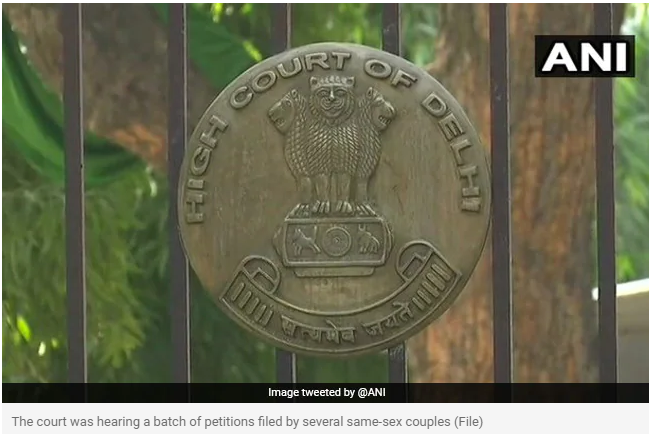Free Courses Sale ends Soon, Get It Now


Free Courses Sale ends Soon, Get It Now



Figure 3: No Copyright Infringement Intended
Openness and transparency reinforce the public’s faith in the judicial system. As Swapnil Tripathi noted, “sunlight is the best disinfectant” — even more important during a pandemic.
© 2024 iasgyan. All right reserved